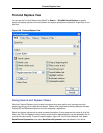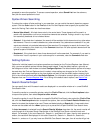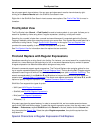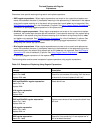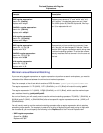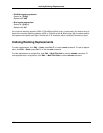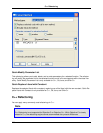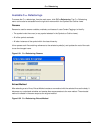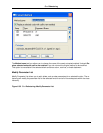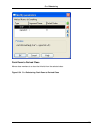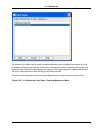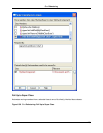
Refactoring
Refactoring is a precise code editing feature that you can use to clean up and improve the understandab-
ility of your source code. Refactoring allows you to make disciplined, system-wide changes to code
without affecting the external behavior.
There are two types of refactoring available within SlickEdit® Core: C++ Refactoring and Quick Refactor-
ing. C++ Refactoring supports the C++ language only, while Quick Refactoring supports C++, C#, Java,
and Slick-C®. Quick Refactoring is generally faster and less stringent than C++ Refactoring.
For information about refactoring results, see Reviewing Refactoring Changes.
Quick Refactoring
Quick Refactoring supports C++, C#, Java, and Slick-C®, and performs refactorings using Context Tag-
ging® rather than a formal language parser. Quick Refactoring is generally faster and less stringent than
C++ Refactoring.
Available Quick Refactorings
To access the Quick Refactorings, use the right-click context menu in the editor and select Quick Refact-
oring. The Quick Refactoring menu can be also be accessed from the right-click menus within the Sym-
bols and Outline views.
Quick Rename
Quick Rename uses the Context Tagging® to rename a symbol under the cursor or any symbol selected
in the Outline or Symbols views. This operation works for all tagged languages. It is faster than the re-
name provided by C++ Refactoring, but less stringent. Quick Rename does not treat renaming classes,
constructors, and destructors as a special case. Quick Rename will rename all of the overloads of a func-
tion. Quick Rename does not rename overridden methods (in parent and child classes).
Figure 6.29. Quick Rename Refactoring
Quick Refactoring
198



